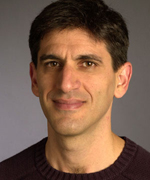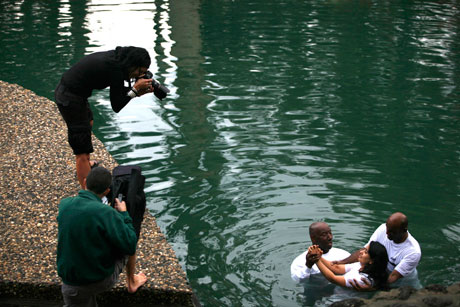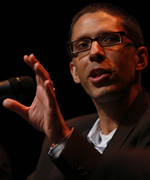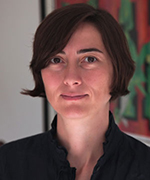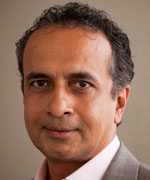Jim Virga
Producer/Director
Jim Virga has been a professional visual storyteller for more than 20 years. He has worked as a still photojournalist, cinematographer, director, producer, and has taught photojournalism for three universities.
After completing his undergraduate degree at The University of Florida, Virga worked as a staff photographer for The Sun-Sentinel in Ft. Lauderdale for ten years (1989-1999), and previously as a staffer for The Orlando Sentinel. His photographs from assignments covering history in such spots as Cuba, Panama, and Honduras have received national recognition and awards. A seasoned photojournalist, Virga's work has appeared in a wide variety of newspapers and magazines. His documentary films have appeared on PBS, and have been featured in both national and International film festivals.
Virga was awarded a Master of Arts degree in Visual Arts and Communications from the Newhouse School of Communication at Syracuse University in 2001. He has taught in London for Syracuse University’s intensive photojournalism study abroad program in conjunction with The Alexia Foundation. Virga was a member of the Journalism faculty at The University of Georgia where he taught a photojournalism sequence for four years. He joined The University of Miami School of Communication Visual Journalism faculty in 2007. He is an advisor to students working on The Miami Hurricane, The Grand Avenue News, Distraction Magazine, and The National Parks Project.
